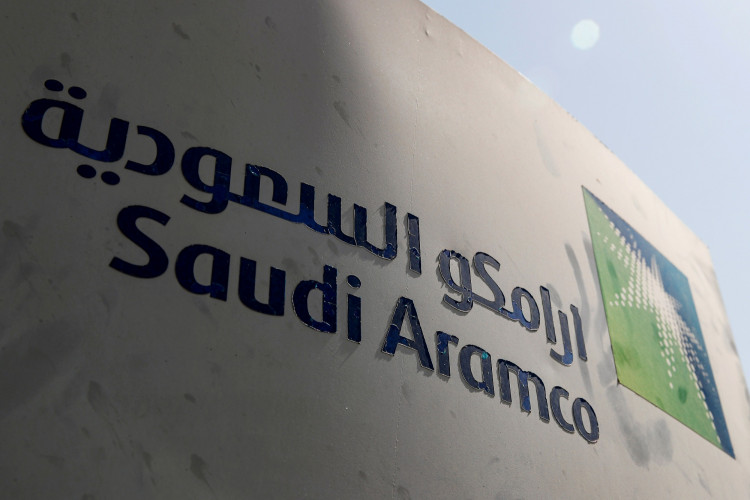For the first time since it began trading back in December of last year, shares of Saudi Arabia's state-owned oil company Saudi Aramco fell below its initial public offering (IPO) price on Sunday. The drop was a direct result of the collapse in negotiations with Russia over the restriction of global oil supplies.
Saudi Aramco's shares fell by about 6.2 percent on Sunday to 30.85 riyals, or roughly around $8.22 per piece. This was the largest one-day slump of the particular stock, which sent it below the company's IPO price of 32 riyals. The collapse of the three-year pact also sent the country's Tadawul All Share Index (TASI) down by 7.4 percent during the day's trading.
At its peak, Saudi Aramco's shares hit an intraday high of 38.70 riyals during its second day of trading. During its debut, its share prices sent the company's market valuation well beyond $1.7 trillion, making it the world's most valuable company.
The collapse of the pact also sent other Gulf markets down over the weekend. The Abu Dhabi General Index (ADI) fell by about 5.8 percent, while the Dubai Financial Market General Index (DFMGI) fell by 7.4 percent following the collapse.
Since the start of the year, the company's stock prices have fallen by more than 11 percent. The drop was mostly attributed to the spread of the viral epidemic in China, which caused fears of a slowed demand in oil from China and a general slump in the global economy.
Oil prices since the start of the year have also managed to fall further down, with prices dropping to new lows last week after the pact between OPEC and Russia fell apart. The pact, which was made to support the global oil industry and stabilize prices, fell apart when Russia refused to back further action to cut oil production.
In response to Russia's refusal, OPEC announced that it would be removing limits on its production moving forward. Industry analysts have stated that the failure of the deal has placed massive pressure on Saudi Aramco and other global oil producers. Analysts further pointed out that in the coming months, major producers in OPEC will likely be increasing production as they shift to a more market share-oriented strategy. This will likely result in massive risks for the oil producers as it would raise questions about the sustainability of monetary policies and result in the further decline of global oil prices.
As for its shareholders, analysts have pointed out that there shouldn't be much concern as Saudi Aramco has issued a guarantee on its divend streams. Saudi Aramco previously announced that it would be providing a dividend of $75 billion for this year, which is five times that of Apple's promised payout for 2020.





